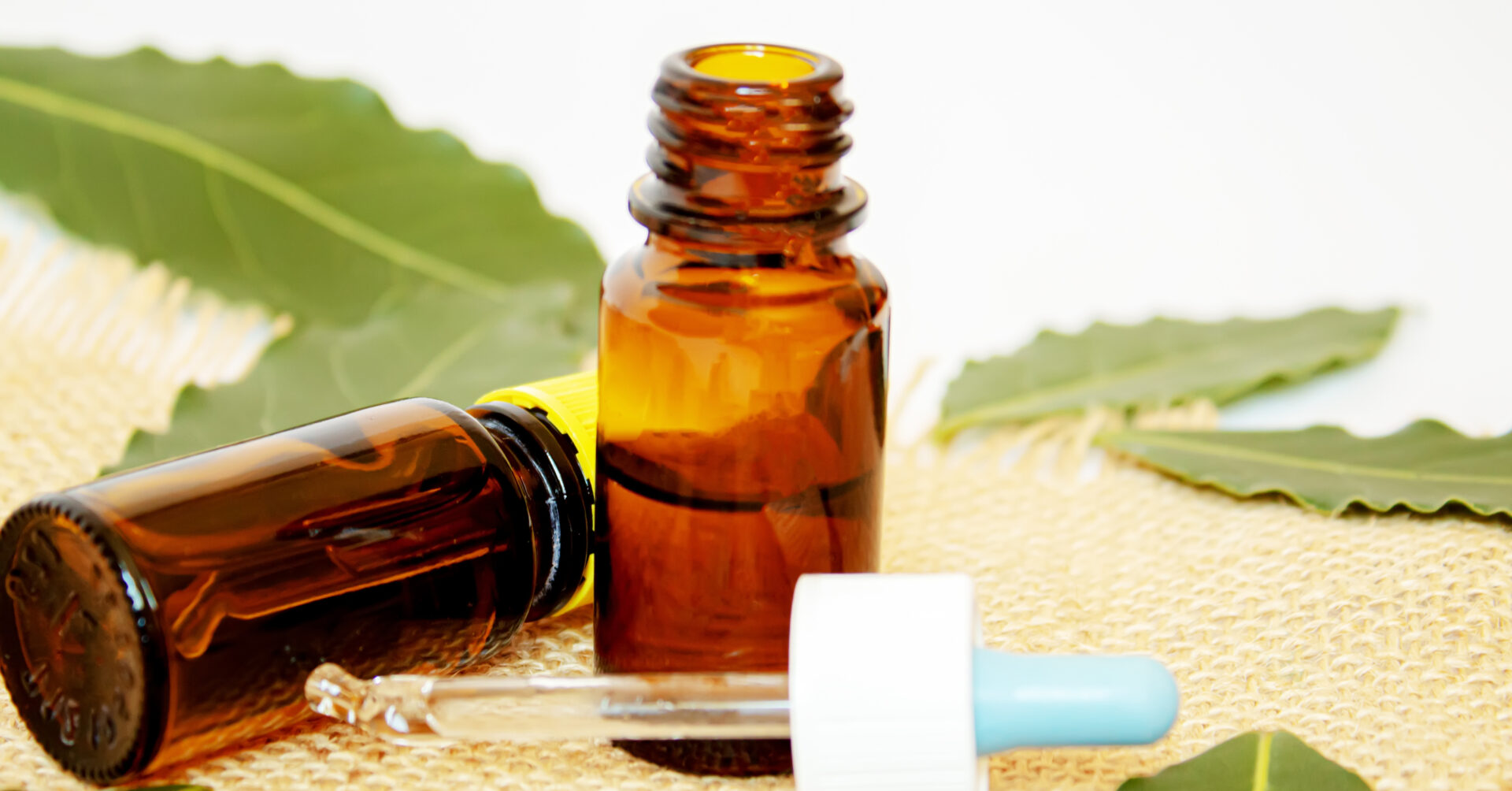If you’ve been feeling a burning or itchy sensation in your female genital accompanied by a foul smell, you may have an infection caused by bacteria or yeast. Vaginal infections are very common. Most women around the world have experienced vaginal health issues some time in their lives.
Some of the most common vaginal infections include bacterial vaginosis, candida, chlamydia, gonorrhea, and trichomoniasis. Though most vaginal infections have different symptoms, some of the most common symptoms include vaginal itching, burning sensation, discolored and foul-smelling discharge, pain during urination, pain during intercourse, and vaginal bleeding or spotting.
However, vaginal infections are not life-threatening and can be easily cured by alternative remedies, especially if your condition is mild. An over the counter UTI treatment like natural cranberry pills is a great option if you want to avoid taking antibiotics.
What follows are simple ways to treat common vaginal health issues without taking antibiotics.
- Over-The-Counter Treatments
If you’re looking for oral medication, you can opt for natural cranberry pills. These are safe to use and don’t cause any side effects.
- Boric Acid Capsules
Boric acid capsules are great alternatives to treat yeast infections. To treat this kind of infection, boric acid capsules are inserted into the vagina every night for two weeks. Boric acid capsules are safe to use.
However, these capsules shouldn’t be used by pregnant women as this may have bad effects on their pregnancy. It should also be noted that these capsules are not edible. It’s advised to keep them out of reach from children.
- Probiotic Supplements
Probiotics are a natural treatment for yeast infections. Taking probiotic supplements daily can treat and prevent yeast infections. Some probiotic supplements are specially formulated for vaginal health. They can restore the balance of good bacteria in the vagina. These pills can be taken orally or by insertion.
- Yogurt
Yogurt is a natural probiotic. It contains beneficial bacteria that help fight off bad bacteria and restores a healthy bacterial balance in the vagina. You may add a serving of yogurt to your daily diet to get your daily dose of natural probiotics.

- Tea Tree Oil
Tea tree oil is known for its anti-fungal properties. It can also be used to treat vaginal infections. However, tea tree oil can sometimes irritate the skin. Thus, before using it, do a patch test on your skin.
Since tea tree oil is an essential oil, it has to be mixed with a carrier oil for application. To apply tea tree oil, take five drops of tea tree oil in one ounce of coconut oil and soak a tampon in it. This diluted tea tree oil tampon can be inserted in your vagina overnight. Remember to change your tampons regularly.
- Coconut Oil
Coconut oil has antifungal properties and is known to treat fungal infections. It can be applied externally and internally to relieve symptoms. You can also use it as a carrier oil for strong antifungal essential oils like tea tree oil or oregano oil.
Preventive Measures To Avoid Vaginal Infection
Here are a few simple things you can do to prevent vaginal health issues:
- Avoid tight-fitting clothes and underwear. Wear breathable cotton underwear as it’s good for the skin.
- Don’t douche or wash with douching substances as this can disrupt the natural bacterial balance in your genital. Using any scented soaps, lotions, or perfumes can result to the same. These can increase the chances of infection.
- After swimming, don’t stay in your wet swimsuit for too long. Change immediately.
- Wash and dry your genital area thoroughly after using the bathroom.
- Use water-based lubricants during sexual intercourse.
Conclusion
Common vaginal health issues like fungal or yeast infections aren’t life-threatening. They can be easily treated with over-the-counter creams and supplements. You can easily find creams either for internal and external use. Natural supplement pills like probiotic pills or cranberry pills are great for easing symptoms and preventing UTIs. You can take these pills orally.
If symptoms persist for a long time, even after trying alternate remedies, it’s advisable to visit a doctor. After a week of persisting symptoms, set an appointment with your OB-GYN. Don’t wait for things to get worse. Ensure that your appointment date doesn’t coincide with your period. This will allow your doctor to do a thorough check-up for the right diagnosis.

